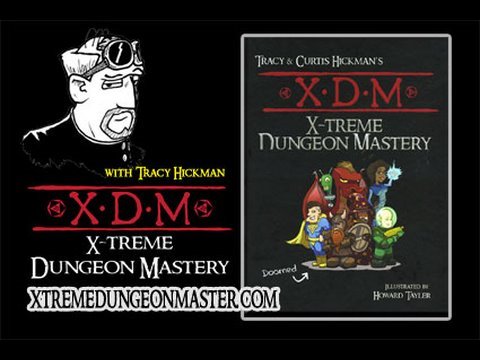I agree. Well, I agree depending on the definition. If by OSR, we mean RPG rules, look and feel based mostly on the first few editions of D&D, without changing too much of the general mechanics nor adding a bunch of new concepts and rules, XDM is not OSR.
To me though those games such as that fall a bit more under the OSR Retroclone banner, which is still most certainly OSR, and I love those games.
But if we are talking about a more expansive definition, as in: far fewer rules, much more rulings. Less high level play and powergaming. Generally d20 based mechanics or derivatives. A ton of GM discretion. Way lower hit points and power level, slower progression. A focus on fun and story-telling and doing things and keeping the game going and getting away from complex skill trees, optimization, min-maxing, complicated combat and long battles. Really irreverent way of looking at the game and putting the DM front and center in order so that everyone has more fun and spends way less time paging through the books to consult rules during the session. A game that can be played or understood rather fast and easily by anyone that has ever played any edition of D&D.
Even OD&D was always all about changing the game and adding plenty of house rules, even if that had far reaching implications or effects.
In this case, if we say that the things above are (also) hallmarks of OSR, I would say XDM is very OSR. It gets complicated, I consider MOTHERSHIP very much OSR as do most it would seem. But it has little to do with OD&D or any D&D other than a very scant few mechanics and random tables. It has changed almost everything else, yet can be almost instantly, learned understood and played by any even slightly experienced RPGer or even a total RPG newbie, and I’d venture that, that it is why it is so good and popular.

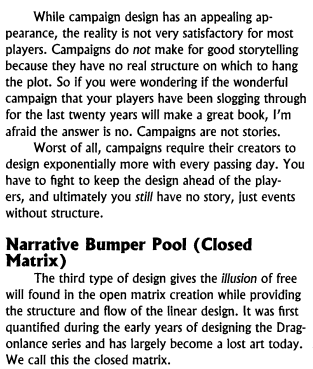
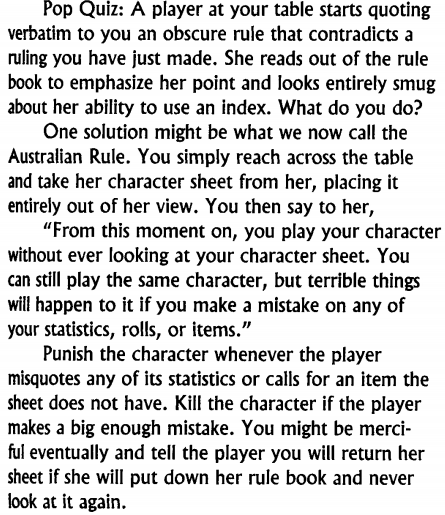
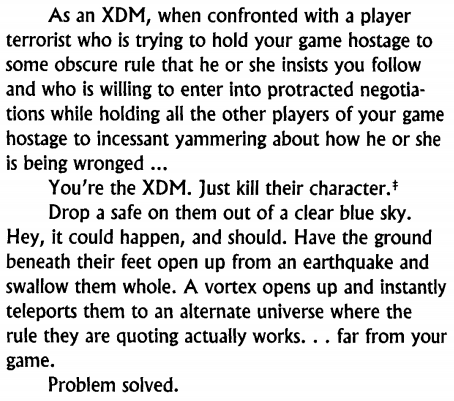
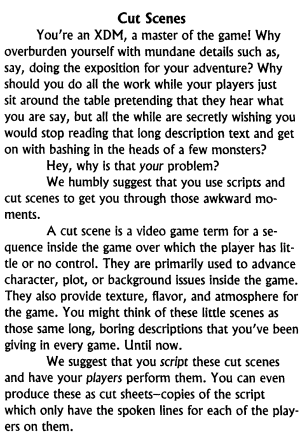

 What the heck is this? Punishing players like naughty children? Are they dressed as catholic schoolgirls, at least?
What the heck is this? Punishing players like naughty children? Are they dressed as catholic schoolgirls, at least?